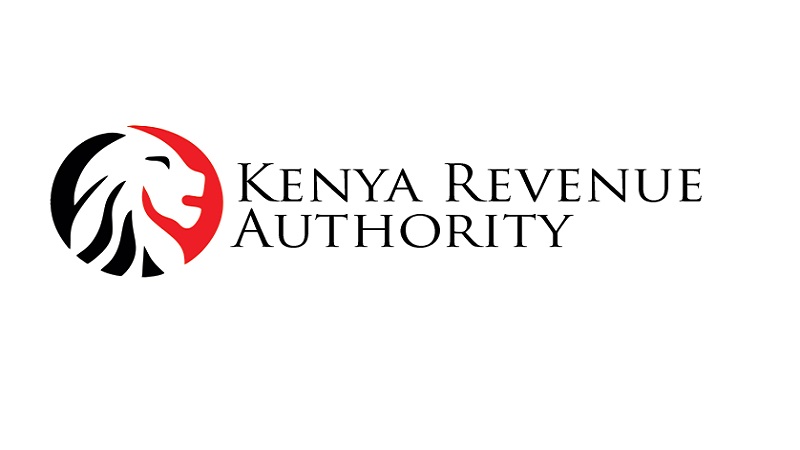
The Kenya Revenue Authority (KRA) is facing strong resistance from Kenyan banks in its push to integrate the tax system with the banks.
The action is based on the new mandate thrust in the Tax Procedures (Amendment) Act, 2024, to ensure better tax collections to reduce evasion.
However, the banks, under the umbrella of the Kenya Bankers Association (KBA) are raising concerns about customer data protection and the lack of appropriate legal frameworks to share personal information.
KRA’s push for system integration seeks to provide real-time access to financial transactions, allowing the authority to track tax obligations more effectively.
The tax body wants to boost revenue collection and detect non-compliant taxpayers through an integration process with 38 banks, which is also meant for enhanced transparency. The financial institutions have continued to oppose the implementation, citing the lack of adequate legal protection and how it may intrude on the privacy of their customers.
A workshop last week that was attended by the KRA, banking sector representatives, and legislators ended without an agreement on the implementation modalities that would not breach the Data Protection Act.
The banking sector maintained its position that sharing data on depositors without express written or recorded consent was a violation of the Data Protection Act, 2019, which allows such disclosures only when there is an explicit provision such as national security or public interest, among others.
The banking sector pointed out that their existing integration with the Central Bank of Kenya (CBK) followed a framework that would ensure customer anonymity. They argued that the model proposed by KRA was very different from that, and hence the banks would face possible legal risks. Financial institutions expressed concerns regarding unambiguous legal provisions which would erode public trust in the banking system if direct access to customer transactions was allowed.
On its part, the KRA contends that the integration of its systems with banks is a minimum requirement toward improving tax compliance, particularly for high-earning individuals and businesses that tend to understate their income. The institution currently uses sources such as import records, motor vehicle registrations, and utility bills to trace liabilities. Without getting access to bank transactions, it argues that the enforcement of tax compliance cannot fully be done.
Follow us on WhatsApp, Telegram, Twitter, and Facebook, or subscribe to our weekly newsletter to ensure you don’t miss out on any future updates. Send tips to editorial@techtrendsmedia.co.ke



